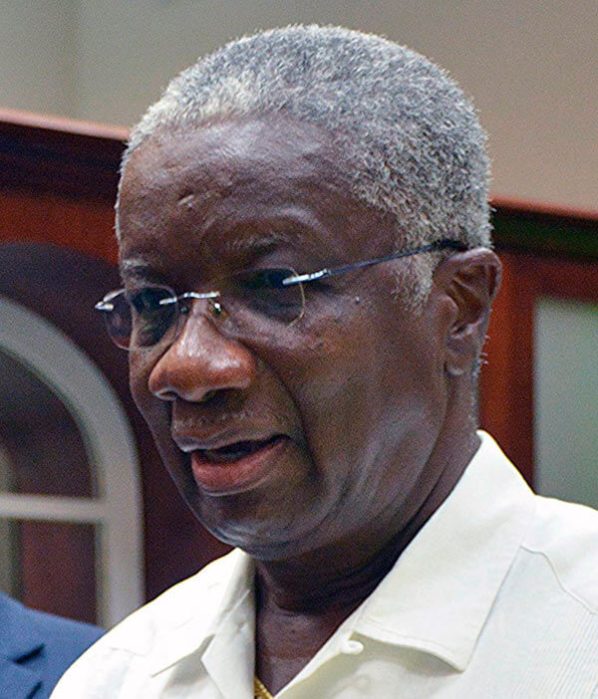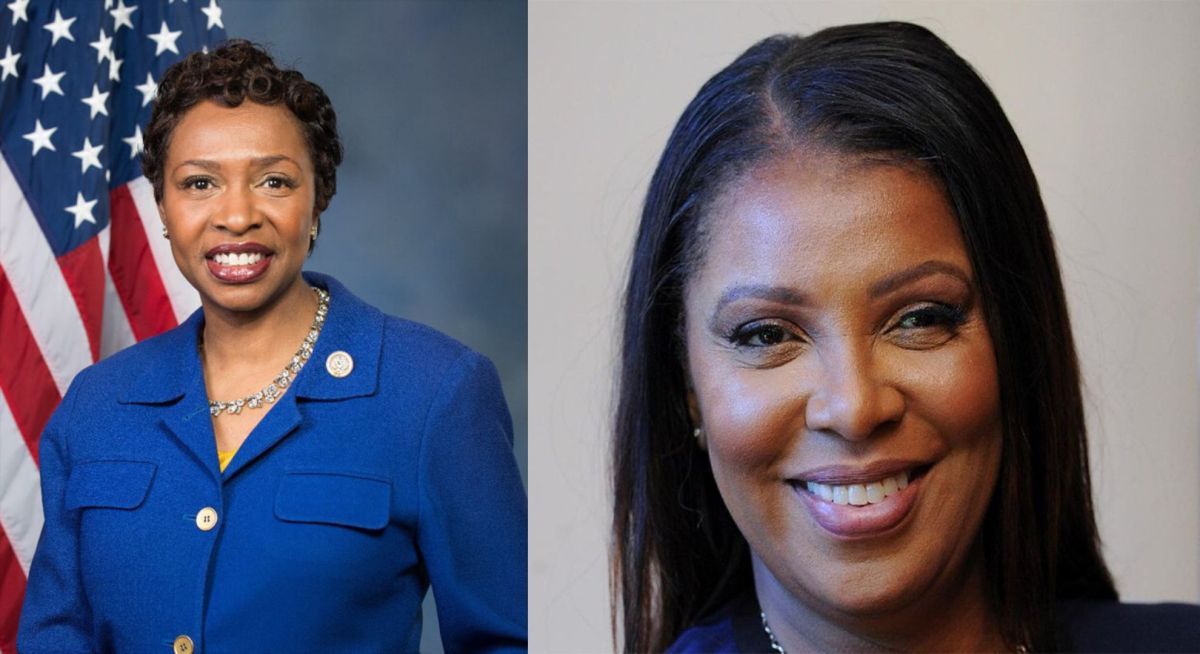As the International Day of Remembrance of the Victims of Slavery and the Transatlantic Slave Trade was celebrated on Saturday, the United Nations says the legacy of the transatlantic slave trade endures.
“The transatlantic slave trade was the largest forced migration in history and undeniably one of the most inhumane,” said the UN, adding that, over a 400-year period, “the forcible extraction of Africans from their motherland was unprecedented in the annals of recorded human history.”
In 2007, the UN General Assembly declared March 25 as the International Day of Remembrance of the Victims of Slavery and the Transatlantic Slave Trade, to be observed annually.
The UN said the Day offered “an opportunity to honor those who suffered at the hands of the brutal slavery system.”
The Day also aimed to raise awareness about the dangers of racism and prejudice today, the UN said.
This year, the theme “Remember Slavery: Recognizing the Legacy and Contributions of People of African Descent” recognizes the horrors of the slave trade, while acknowledging that it led to an unprecedented transfer of knowledge and culture from Africa to the Americas, including the Caribbean, Europe and elsewhere.
The UN said enslaved Africans brought with them advanced techniques of farming; working metals, such as gold and iron; and boat building; among others.
“Those skills need to be remembered and celebrated,” the UN said
“This is a story that has shaped almost every culture of the world,” Dr. Lonnie G. Bunch III, Director of the National Museum of African American History and Culture told the UN.
The commemoration also acknowledged the enduring contributions of the vibrant African Diaspora, “which continue to enrich cultures across the globe,” the UN said.
“Through music, dance, spirituality, sport, literature, art and cuisine, the Diaspora has enabled societies to advance in science, technology, business, politics, law, social justice and international diplomacy, to name just a few,” the UN said.
Stressing the importance of remembering slavery and slave trade in human history, the legacy of which “resounds down the ages,” UN Secretary-General António Guterres underscored the contributions that people of African descent in the Caribbean, among other places, have made and are continuing to make to their communities and to the world.
“We must never forget this dark chapter of human history,” Guterres told a General Assembly meeting to commemorate the Day.
“We must always remember the role played by many of our countries – including my own country of Portugal – in carrying out the largest forced migration in history and in robbing so many millions of people of their dignity and often also of their lives,” Guterres said.
“Heeding the lessons of yesterday means fighting these ills today,” he added during the Assembly’s commemorative meeting on Friday.
The UN said the descendants of slaves have made their mark as inventors, economists and jurists; as authors and scholars; as artists and athletes; as politicians and civil rights leaders.
The UN noted that Mae Jemison was the first African-American woman to enter outer space; Ralph Bunche, the first African-American won a Nobel Prize and was one of the most respected and celebrated international civil servants in the history of the United Nations; and Derek Walcott, the poet and Nobel laureate from St. Lucia who died last week, “confronted the brutality of slavery and the legacy of colonialism through his poetry and writings.”
“The United Nations and I personally attach the greatest importance to the challenge of slavery, past and present,” said Guterres said, urging all to unite against hatred at this time of rising divisiveness and build a world of freedom and dignity for all.
In order to more permanently honor the victims, a memorial has been erected at UN Headquarters in New York.
The unveiling took place on March 25, 2015. The winning design for the memorial, The Ark of Return by Rodney Leon, an American architect of Haitian descent, was selected through an international competition and announced in September 2013.
Peter Thomson, the president of the General Assembly, called for the protection of human rights and an end to racism, xenophobia and modern forms of slavery, including human trafficking, forced labor and child labor.
The consequences of slavery had not ended with emancipation, but continued to this day, he emphasized. Some were negative, but others positive, he said, underscoring the contributions made by descendants of slavery to shaping multicultural societies, according to the UN.
























